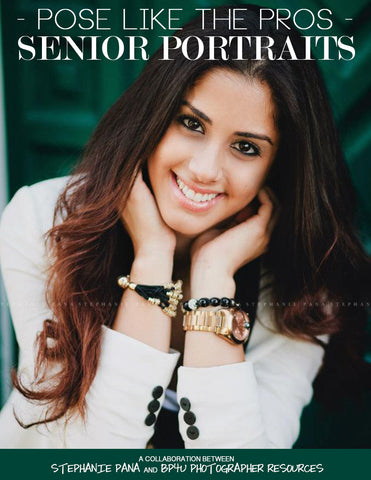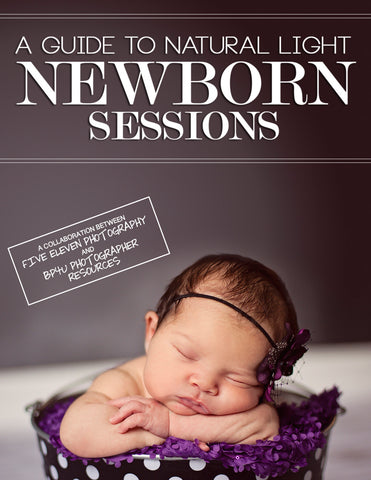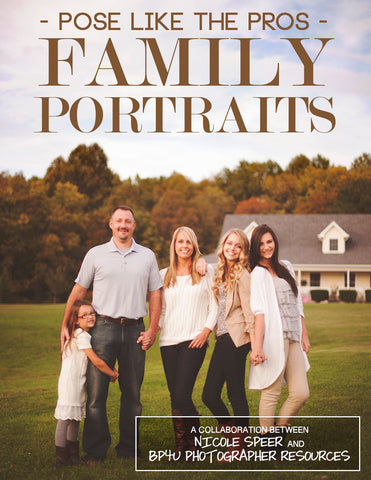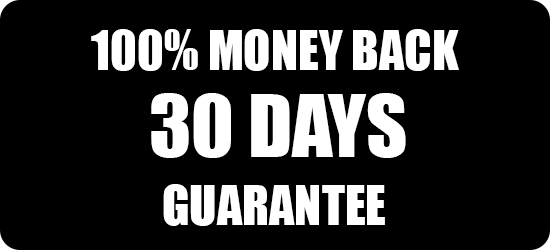The Beginner's Guide To: Lighting
With Deal:
$8.00
Do you find yourself taking great photos, but there is just one thing off...the lighting? Do you have a hard time understanding aperture, shutter speed, and ISO? Have you searched the internet, but still don't understand these concepts?
Do you have photos that are way too dark or too bright? Are your images turning out blurry and you have no idea what is going on? Are your images looking discolored? Curious as to what all those letters on your camera dial mean and how to use them? BP4U has come to the rescue with The Beginner's Guide To: Lighting! In our new guide, Sean Molin breaks down everything you need to know about lighting. He describes different lighting conditions in plain English and makes these topics that are normally hard to understand, a breeze!
Photographer level: Beginner
Please Note: This guide does not go over using flash. This is a natural lighting guide and we will go over the use of flash in our next lighting guide, coming soon! Check out the second installment of this trilogy by clicking here: The Ultimate Guide To Flash Photography.
**Please note, all BP4U guides are ebooks and will be delivered electronically!**
Topics Covered:
- ISO, Aperture, and Shutter speed (What these camera settings do and how they work together)
- AV, P, TV, and Manual modes (What they do and when to use them)
- White balance
- How to avoid underexposed/overexposed images
- Lens flares
- Silhouettes
- Using shadows correctly
- Diffusing light
- Using a reflector
- Shooting in different lighting conditions - during golden hour, in the shade, in low light, indoor
- Diffusing light Using a reflector Shooting in different lighting conditions - during golden hour, in the shade, in low light, indoor
And an FAQ that includes answers to questions like:
- What is the best time of day to get the best lighting?
- What type of things do you look for for good indoor natural light set ups?
- What if there is too much sun and your shots are overexposed?
- What if it is too dark outside?—do you have tips for low light or do you have to use artificial light?
- What if it’s cloudy and you are shooting indoors?




























































